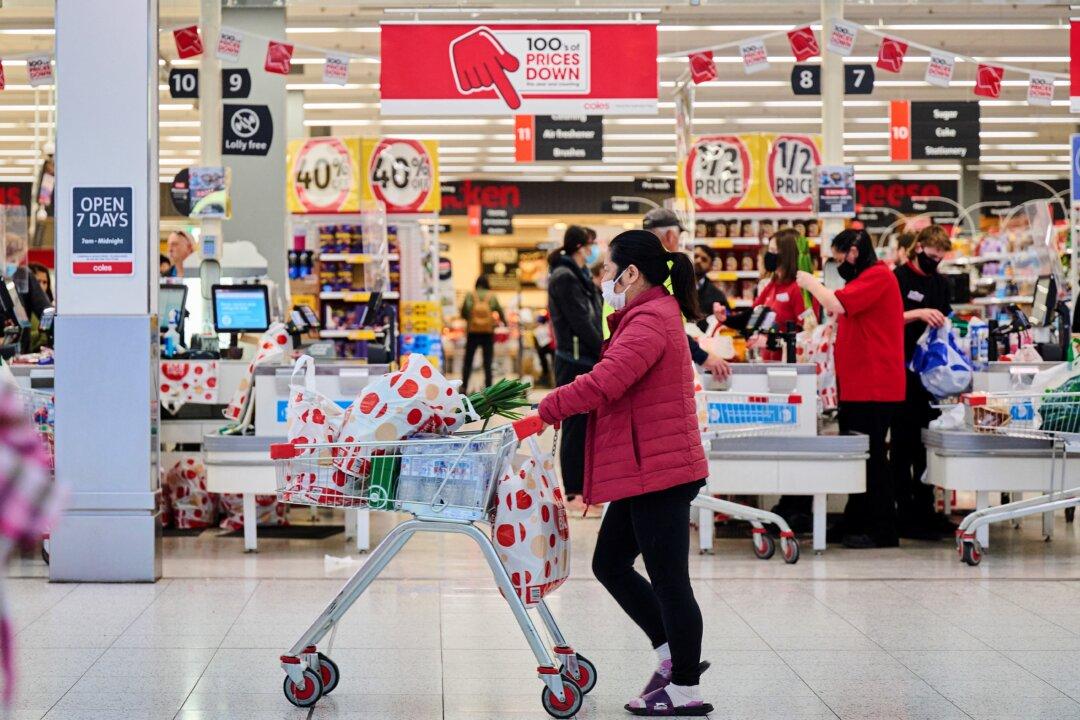Big supermarkets are being warned that increased surveillance of shoppers, including close-up cameras on self-checkout screens, is more likely to anger shoppers rather than deter theft.
Consumer behaviour expert Nitika Garg from the School of Marketing at the UNSW Business School says it won’t do much to build trust with customers.





